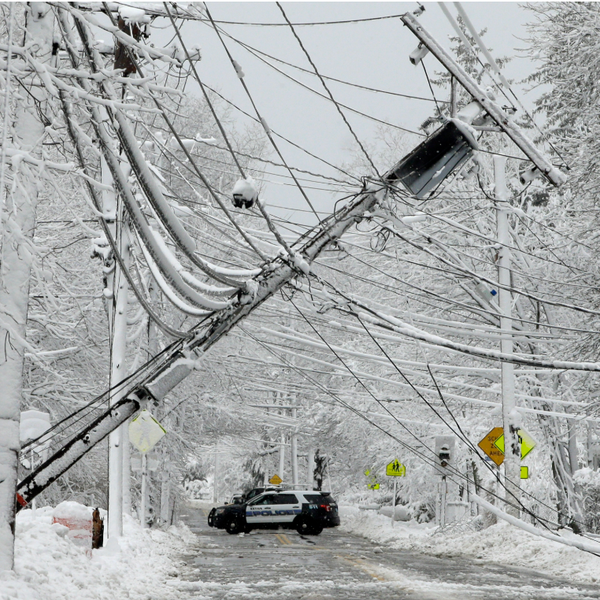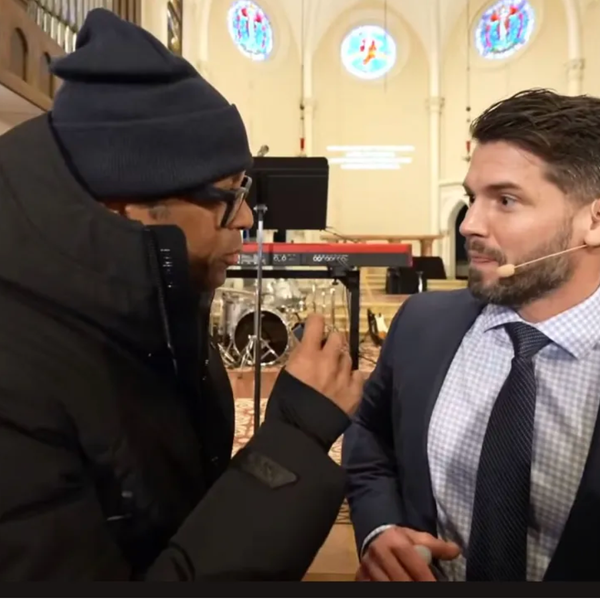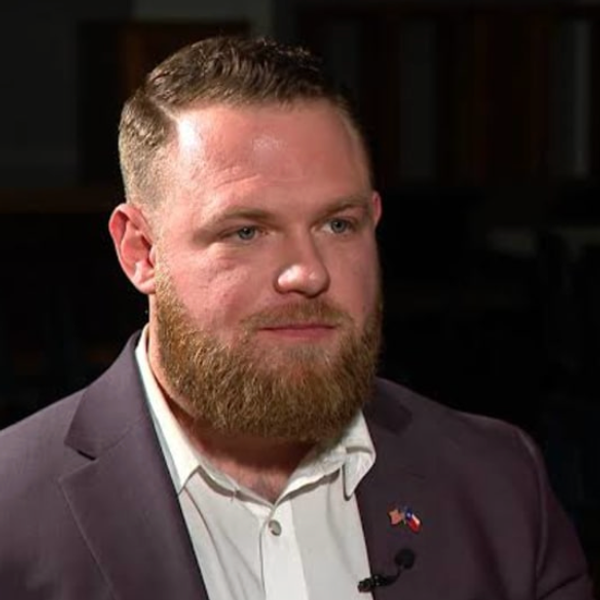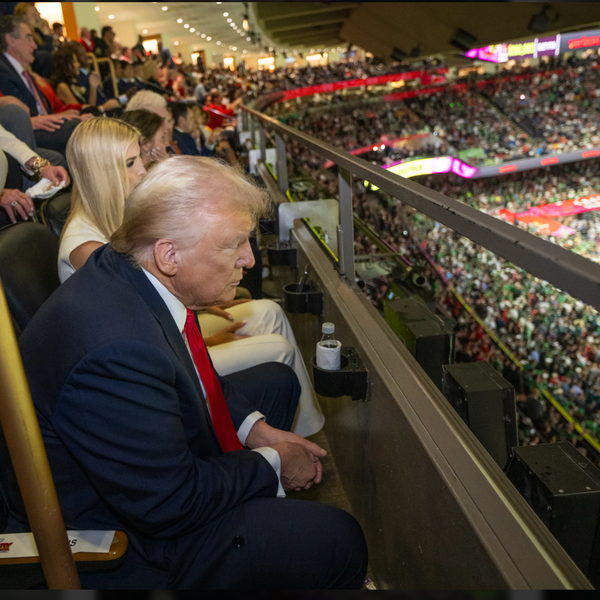
By Mark Z. Barabak, Los Angeles Times
As long as there have been state capitals, there have been people outside those capitals lamenting that lawmakers — in Sacramento, Denver, Des Moines, Atlanta, fill-in-the-blank — are too far removed and too far detached from the people and interests they’re supposed to be representing.
In California, those sentiments have animated a decades-long libertarian vision of breaking away a northern chunk of the state to create, in combination with a slice of southern Oregon, the locally governed, loosely regulated state of Jefferson.
Lately, the breakaway talk has centered on an improbable bid, pushed by venture capitalist and political dabbler Tim Draper, to splinter California into six autonomous sub-states, known as Jefferson, Silicon Valley, North, Central, West, and South California. Draper, who has submitted signatures in hopes of qualifying the question for the 2016 ballot, rests his case on a good-government argument.
His assertion is that the nation-state of California, with its 38 million residents and land mass of 163,000 square miles, is simply too big to reasonably govern. “When the people and their state are no longer in sync, and large populations feel that they are not being represented and when the state fails to provide the services that it promises to our citizens, then we lose our democracy,” Draper said in presenting the signatures his effort has garnered. (Details, such as how to handle those things that inextricably bind California, like the water and electrical supplies, have yet to be explained.)
There is, as well, a strong undercurrent of partisanship among some advocates of cleaving California; they believe that allowing the state’s more conservative portions to go their own way would revive the deeply troubled Republican Party and empower those red-leaning voters who now bob, unhappily, in a political sea of deep blue.
A new study, however, suggests that sundering California would be no GOP panacea, either at home or nationally. In fact, looking at voter registration and past voting patterns, the research suggests that under the multi-California scenario Democrats would continue to hold the bulk of state offices and Republicans would reap a negligible gain in the Electoral College.
First, a brief reality check: The chances of having five additional Californias joining the 50 existing states is about as likely as the late Don Drysdale returning to the mound and pitching the Los Angeles Dodgers into the World Series.
Consider: Even if California voters passed the Draper initiative, the final decision on busting up the state would rest with Congress. And why would a body that famously snubbed California by placing an earthquake research center in Buffalo, N.Y., vote to dilute the power of 49 other states by giving a bunch of Left Coast crazies another 10 U.S. senators to promulgate their odd notions of life and liberty?
Casting all that aside, University of California, Berkeley, researchers Jack Citrin and Ethan Rarick crunched some numbers and came up with the following:
Of the six proposed states, three would remain staunchly Democratic, two would tilt Republican and one, South California — essentially Orange County, San Diego, and the Inland Empire — would be highly competitive. Along with the majority of statewide offices, Democrats would hold seven of 12 U.S. Senate seats, based on the most recent election returns.
In presidential races, Republicans would improve their chances of picking up a state or two — presumably rural Jefferson and Central California — but that would not be enough to change the outcome short of an election like 2000, which ended, in effect, in a tie between Republican George W. Bush and Democrat Al Gore.
President Barack Obama received 61.7 percent of the national Electoral College vote in 2012 and 67.8 percent in 2008. Under six Californias, he would have received 60.2 percent and 66.8 percent, respectively. In other words, Obama would have been comfortably elected twice even if California was splintered into six pieces.
Going forward, the study suggests, Republicans potentially could enhance their standing in the three “states” with at least a marginal registration advantage — Jefferson, Central, and South California — thus creating a “bench” of potential candidates for governor and U.S. Senate.
“Given the evidence that voters are geographically sorting themselves into distinct partisan areas, it’s possible that more conservative voters might flee the coastal Californias for a more conservative inland state,” Citrin and Rarick wrote.
But it is also possible, the study says, “given the ever-increasing diversity of the electorate and the GOP’s difficulty in wooing Latino voters” that “chopping up the state could produce not merely six Californias but six Democratic Californias.”
In short, dividing California would not likely conquer the state’s ruling Democrats.
Even if Don Drysdale did come back and pitch the Dodgers into the World Series.
Photo: Justin Brockie via Flickr
Interested in U.S. politics? Sign up for our daily email newsletter!








